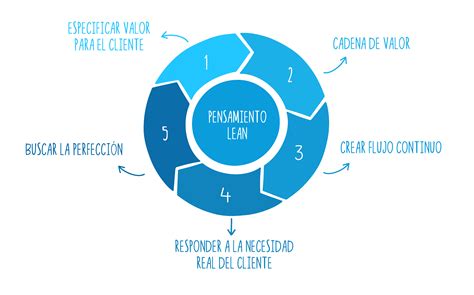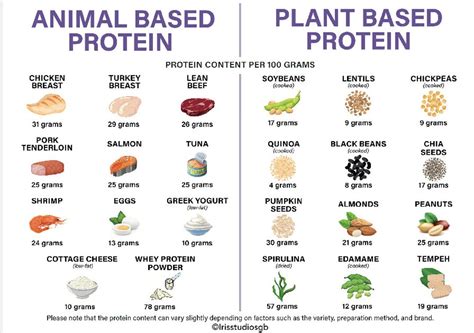Navigating Protein Choices for Aging Muscle Health
As men age, maintaining lean muscle mass becomes an increasingly vital component of overall health, functional independence, and metabolic well-being. This natural decline in muscle mass and strength, known as sarcopenia, can significantly impact quality of life. A crucial dietary factor in mitigating sarcopenia is protein intake, leading many to question whether the source – plant-based or animal-based – plays a significant long-term role in muscle retention.

The Role of Protein in Combating Sarcopenia
Protein is fundamental for muscle protein synthesis (MPS), the process by which the body repairs and builds new muscle tissue. To effectively stimulate MPS, particularly in older adults, a sufficient quantity of all essential amino acids (EAAs) is required, especially leucine, which acts as a potent trigger for the MPS pathway. As we age, the body’s anabolic response to protein can become blunted, meaning older individuals may require a higher intake of protein per meal to achieve the same MPS response as younger individuals.
Animal-Based Proteins: The Traditional Powerhouse
Animal proteins, found in meat, poultry, fish, eggs, and dairy, are often considered the gold standard for muscle building due to their complete amino acid profile. They contain all nine essential amino acids in optimal ratios for human physiological needs. Furthermore, animal proteins typically have a higher concentration of leucine, the branched-chain amino acid critical for initiating MPS. This high bioavailability and robust amino acid profile often lead to a more efficient stimulation of muscle growth and repair, which is particularly beneficial when trying to counteract age-related muscle loss.

Plant-Based Proteins: A Growing Alternative
Plant-based proteins, derived from sources like legumes, grains, nuts, seeds, and soy, offer numerous health benefits beyond their protein content, including fiber, vitamins, minerals, and antioxidants. Historically, plant proteins were considered “incomplete” because most individual plant sources lack one or more essential amino acids. However, a varied plant-based diet can easily provide all necessary amino acids when different sources are combined throughout the day (e.g., rice and beans). Newer plant protein sources, like soy and quinoa, are considered complete proteins on their own.
While plant proteins generally have lower leucine content and a slightly lower digestibility compared to animal proteins, research suggests that higher doses of plant protein can still effectively stimulate MPS in older adults. Moreover, fortified plant-based protein supplements can bridge potential nutritional gaps.

Long-Term Influence on Lean Muscle Mass Retention
Emerging research indicates that both plant-based and animal-based protein diets, when adequately planned and consumed in sufficient quantities, can support lean muscle mass retention as men age. The key often lies not just in the source, but in the total daily protein intake and its distribution throughout the day. Studies comparing long-term effects sometimes show a slight edge for animal protein in terms of muscle anabolism due to its superior amino acid profile and leucine content. However, this difference can often be compensated for in plant-based diets by increasing the total protein intake or by strategically combining different plant protein sources.
Furthermore, the overall dietary pattern associated with plant-based eating, rich in fruits, vegetables, and whole grains, may offer additional anti-inflammatory and antioxidant benefits that indirectly support muscle health and recovery, potentially offsetting some of the amino acid profile differences.

Practical Recommendations for Aging Men
- Prioritize Total Protein Intake: Aim for 1.2-1.6 grams of protein per kilogram of body weight per day, or even higher for active individuals.
- Distribute Protein Evenly: Consume 25-40 grams of protein at each main meal to maximize MPS throughout the day.
- Vary Protein Sources: Regardless of preference, incorporating a variety of protein sources ensures a complete spectrum of amino acids and other nutrients.
- Focus on Leucine: If opting for plant-based, include sources rich in leucine (e.g., soy, corn, lentils, specific protein powders) or consume slightly more total protein.
- Combine with Resistance Training: Exercise, especially strength training, is crucial for stimulating muscle growth and retention, regardless of protein source.

Conclusion
The long-term influence of plant-based versus animal-based protein on lean muscle mass retention in aging men is nuanced. While animal proteins offer a more direct and potent anabolic stimulus due to their complete amino acid profile and higher leucine content, a well-planned, sufficient intake of diverse plant-based proteins can also effectively support muscle health. The most critical factors appear to be the total daily protein intake, its distribution, and consistent engagement in resistance exercise. Ultimately, men can choose the protein sources that best align with their dietary preferences and ethical considerations, provided they pay careful attention to consuming adequate amounts and a full spectrum of essential amino acids to successfully combat age-related muscle loss.




